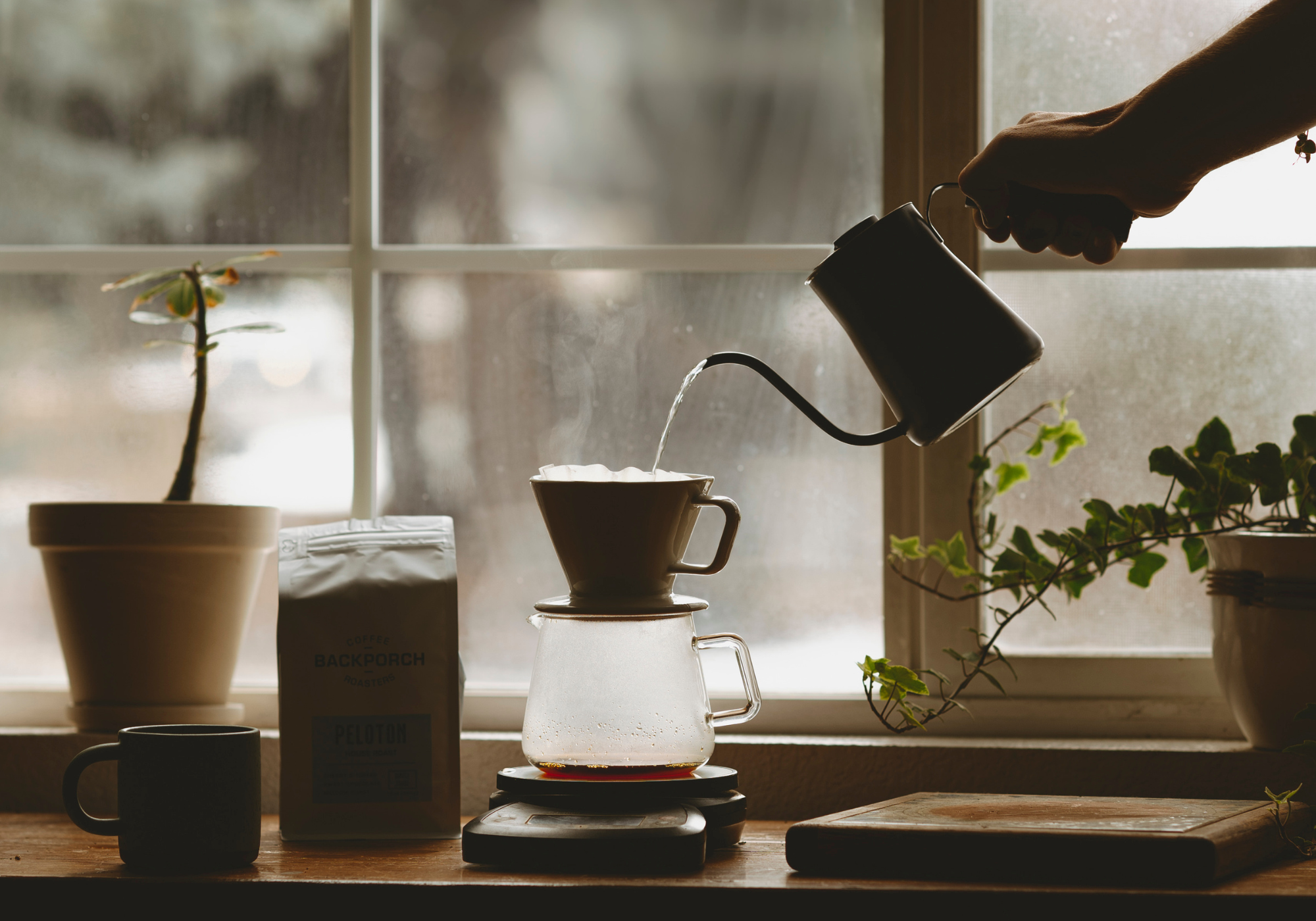
Caffeine and Mental Health: What’s the Buzz, Really?
It’s Mental Health Awareness Month, which makes it the perfect time to take a closer look at one of the most socially accepted (and encouraged) stimulants around: caffeine.
For many of us, coffee is more than just a drink—it’s a ritual, a moment of peace, or a way to kickstart the chaos of the day. But what’s it actually doing to our mental well-being?
Let’s start with the basics: caffeine is a drug.
That’s not an exaggeration—it’s a psychoactive stimulant. It works primarily by blocking adenosine, a neurotransmitter that helps us wind down and fall asleep. This creates that alert, focused feeling we chase each morning. But the story doesn’t end there.
Caffeine also prompts the body to release cortisol (your main stress hormone), especially if consumed first thing in the morning, when your natural cortisol levels are already high. Over time, this can disrupt your circadian rhythm and make it harder for your body to regulate energy naturally.
Caffeine and Anxiety: A Hidden Trigger
For people with caffeine sensitivity, even small amounts can spike heart rate, trigger anxious thoughts, and contribute to panic attacks. This isn’t rare. In fact, genetics play a big role in how quickly we metabolize caffeine. Around 10% of the population are considered “slow metabolizers” and are more likely to experience these negative effects .
A study published in General Hospital Psychiatry found that high caffeine intake is linked with increased anxiety and depression in sensitive individuals, particularly in people with pre-existing anxiety disorders .
What About Sleep?
Here’s where it really starts to impact mental health: sleep. According to data from the CDC, about two-thirds of American adults drink at least one cup of coffee per day, and over 25% consume more than three cups . But caffeine has a half-life of about 5 to 6 hours, which means that 8 a.m. cup could still be affecting you at 2 p.m. (or later if you’re slow to process it).
A large-scale study from Sleep Health found that consuming caffeine even six hours before bed significantly reduced total sleep time and sleep quality . And we know this: poor sleep leads to poor mood, increased irritability, brain fog, and an overall drop in resilience.
Sleep is not just about rest. It’s when the brain resets, emotional memories are processed, and neurotransmitters like serotonin and dopamine get balanced. Take that away—and you’re left in a foggy, emotionally brittle state.
The Dehydration Factor
Caffeine is a diuretic. While your morning latte might feel hydrating, it’s not replacing the water your body needs. Dehydration—even mild—can affect mood, concentration, and cognitive performance. In one study, researchers found that even a 1.5% drop in hydration levels led to increased fatigue, confusion, and tension .
Let’s Talk Gut Health
Most people drink coffee with milk or cream, which changes its pH. Black coffee sits around a pH of 5 (acidic), but adding dairy shifts its chemistry—and that can irritate some guts. For people with sensitive digestion, this combo can trigger bloating, discomfort, or even changes in bowel movements.
And this matters. Why? Because the gut and brain are connected through the gut-brain axis. The majority of serotonin—your "feel-good" neurotransmitter—is actually produced in the gut. If your gut is inflamed or out of balance, your mood is going to feel it.
So… Is Coffee All Bad?
Not necessarily. Coffee does have some benefits—it’s high in antioxidants, and for some, it helps "move things along" in the digestive department. It can also enhance focus and performance in the short term.
But here’s the nuance:
-
It should not be your first drink of the day.
-
It should not be consumed on an empty stomach.
-
And it should definitely not be your only coping mechanism for fatigue.
If you choose to drink it, aim for mid-morning, after cortisol levels have naturally dipped. And keep it to one cup. That’s not deprivation—it’s alignment.
Bottom Line
Caffeine isn’t evil. But for many people, it’s quietly working against their mental health. Anxiety, disrupted sleep, gut imbalances, and dependency aren’t worth a temporary boost.
Mental health starts with foundations: stable energy, good sleep, hydration, and balanced neurotransmitters. If your morning cup is undermining those things, it might be time to rethink the ritual.
SOURCES
-
Cornelis MC, El-Sohemy A. Caffeine, Coffee, and Genotype: Implications for Mental Health. https://pubmed.ncbi.nlm.nih.gov/
-
Lara DR. Caffeine, Mental Health, and Psychiatric Disorders. General Hospital Psychiatry.
-
CDC – National Coffee Drinking Trends Report
-
Drake C et al. Caffeine effects on sleep taken 0, 3, or 6 hours before going to bed. J Clin Sleep Med.
-
Armstrong LE et al. Mild dehydration affects mood in healthy young women. J Nutr.



